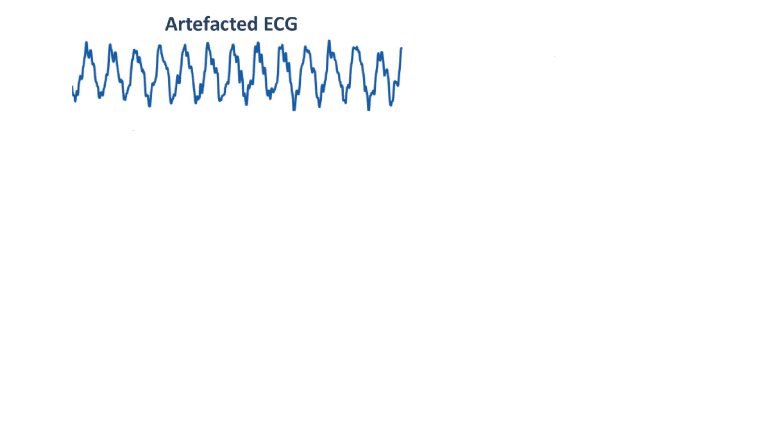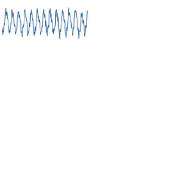
High quality chest compressions during cardiopulmonary resuscitation (CPR) and an early defibrillation are key to improve outcome in out-of-hospital cardiac arrest. Compressions must be interrupted for a reliable shock advice decision in the defibrillator because they induce artifacts in the electrocardiogram (ECG). These interruptions or hands-off intervals are detrimental for the patient because they reduce myocardial and cerebral blood flow during CPR, and significantly compromise the probability of survival of the patient.
Although compressions are usually given manually by rescuers, mechanical compression devices are becoming popular in resuscitation. The benefits of mechanical compressors include guaranteed high quality CPR even during transport, invasive procedures or prolonged CPR. Mechanical compressors have become very popular in prehospital emergency medicine, so accurate shock decision methods during mechanical compressions are needed.
In this study we introduce a new method for a reliable shock advice during piston-driven chest compressions. The ECG analysis algorithm combines adaptive filtering to remove compression artifacts from the electrocardiogram, multiresolution stationary wavelet transform (SWT) analysis for feature extraction, and a gaussian support vector machine (SVM) classifier for the shock/no-shock decision. Our results show that the heart rhythm can be accurately diagnosed during mechanical compressions, meeting the minimum performance requirement of the American Heart Association on artifact-free ECG. Our method would thus allow an uninterrupted mechanical CPR therapy avoiding hands-off intervals for rhythm analysis that compromise perfusion of the vital organs and the survival of the patient.

